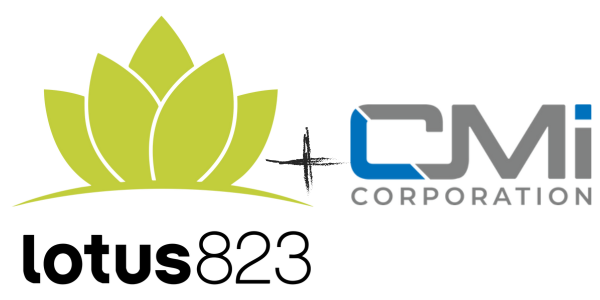
Charles Swindoll once said, “life is 10% what happens to you and 90% how you react to it.” Unfortunately, some things are unavoidable and crises happen, even to the largest of companies. However, if things are handled appropriately, not every situation will end in a disaster.
One of the most important things that companies need to consider when handling any type of crisis is the way in which they respond to the media. The press are speaking on behalf of the public – all of the individuals that want to ensure that this crisis does not happen again. They want the truth from companies and aren’t afraid to ask hard-hitting questions that will get them, and their readers, the answers they really want.
While it can be challenging to communicate during a crisis, we have put together a few tips below to aid in speaking with press during these emergency situations:
Don’t Make Promises to the Media That You Can’t Keep
The first thing that most reporters will ask is, “can you promise that this will not happen again?” The answer from the company spokesperson, without hesitation, is usually yes. However, this is the wrong answer. The main reason being that most situations that companies get themselves into, intentionally or not, can easily happen again. Consider the possibility that something like this does happen again; your company will have a hard time recovering the second time around, especially if you had promised it wouldn’t happen again. Think about what you want to say before you answer any questions. If the press asks what you are going to do next, don’t be afraid to tell them that you will let them know once you have more information. You would be safer NOT having an immediate answer, than to make one up on the spot.
Respond to Press Immediately
With that being said, you also don’t want to be the company that tries to ignore the problem completely in the hopes that it will disappear. It most likely will not resolve itself without any additional effort. Companies, such as Wells Fargo and Toyota, continue to struggle with their crisis fallout largely because they were not proactive in their response. An easy approach to take is to let the press know right away that you are investigating the problem. It is a simple statement that says you are aware of what is happening and are playing an active role in the situation. The worst thing you can do is nothing, so get ahead of the situation.
Carefully Plan your Apology to the Press
Whether your company is partially or fully responsible in a crisis situation, the best thing to do is to admit your fault and apologize. Being sincere in your statement is crucial. To ensure this comes through, NEVER try to explain your way out of the situation, place the blame on others, or issue an apology that is half-hearted or overdone. Your next statement should be carefully thought out. Have everyone involved, including your legal team, review the statement before you issue it, ensuring all parties are in agreement as to what you are going to say. With your apology, it is also important to explain your next steps to the press, including how you will be correcting the problem and what you will be doing to ensure it doesn’t happen again. Keep in mind, again, that you should not make a promise you cannot keep.
The press is only going to print what you say and do, but keep in mind that they will look for the deeper meaning to your words and actions. Although you may want to respond right away in a frenzy, your communication with the press needs to be thought out, or you may make things worse.
Does your company need help with their Crisis PR Communication? Learn more about our Public Relations services.








